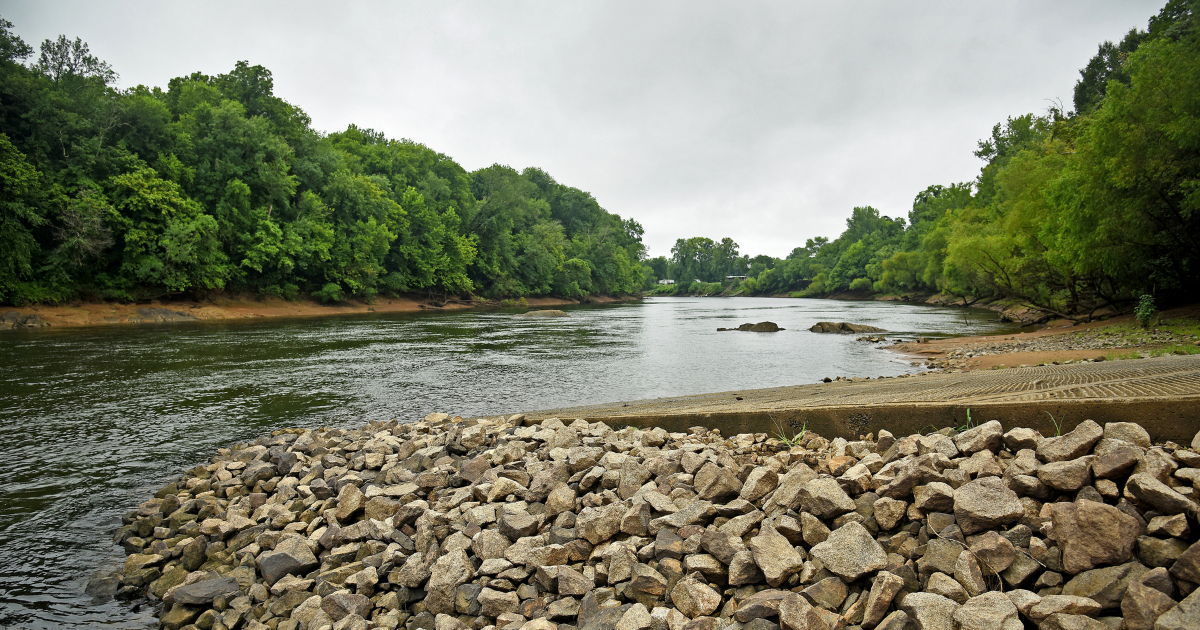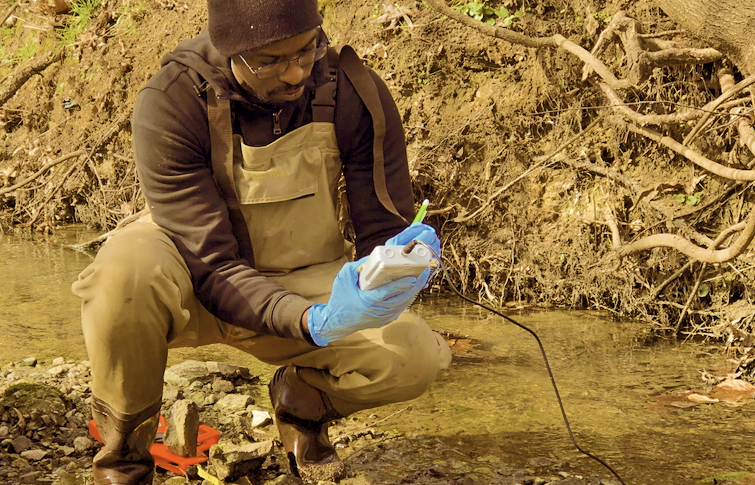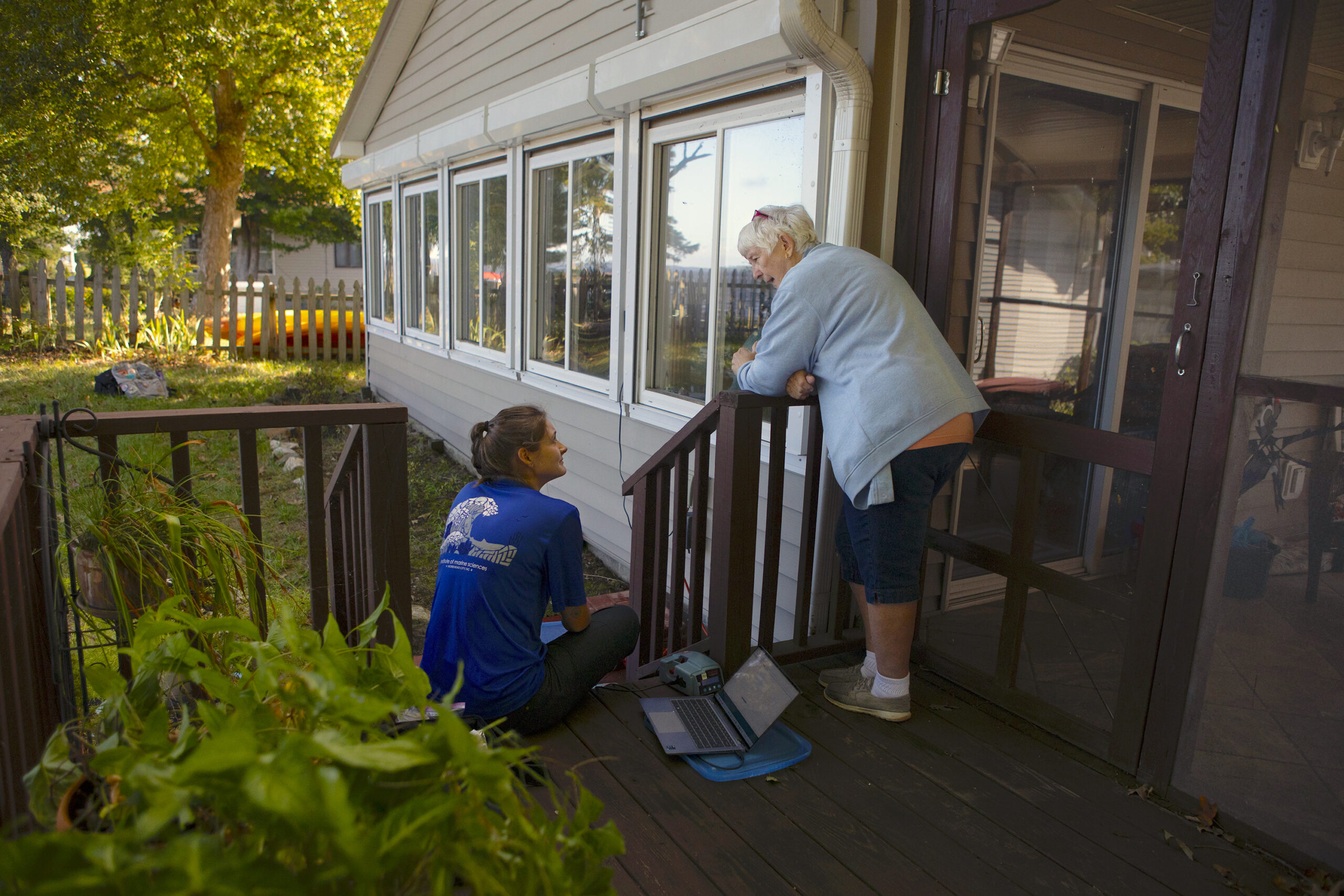
Research Projects
WRRI-supported researchers explore a wide range of different topics in the water resources field, from emerging contaminants to flooding to stormwater management and more. We support the work of graduate researchers, faculty, and local knowledge experts.


